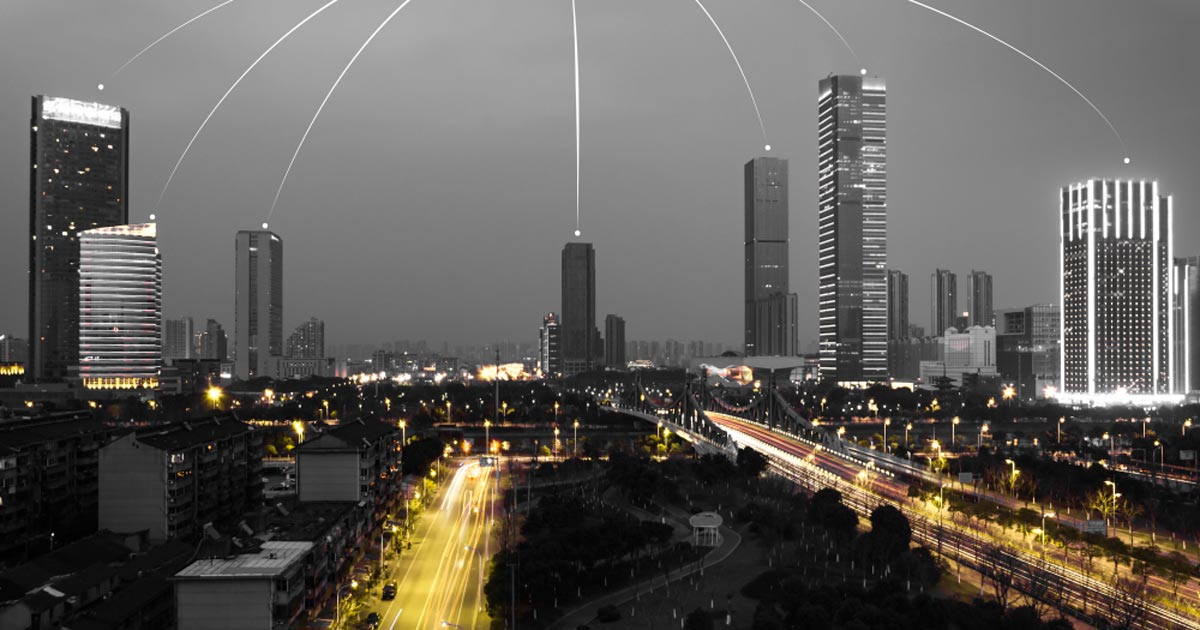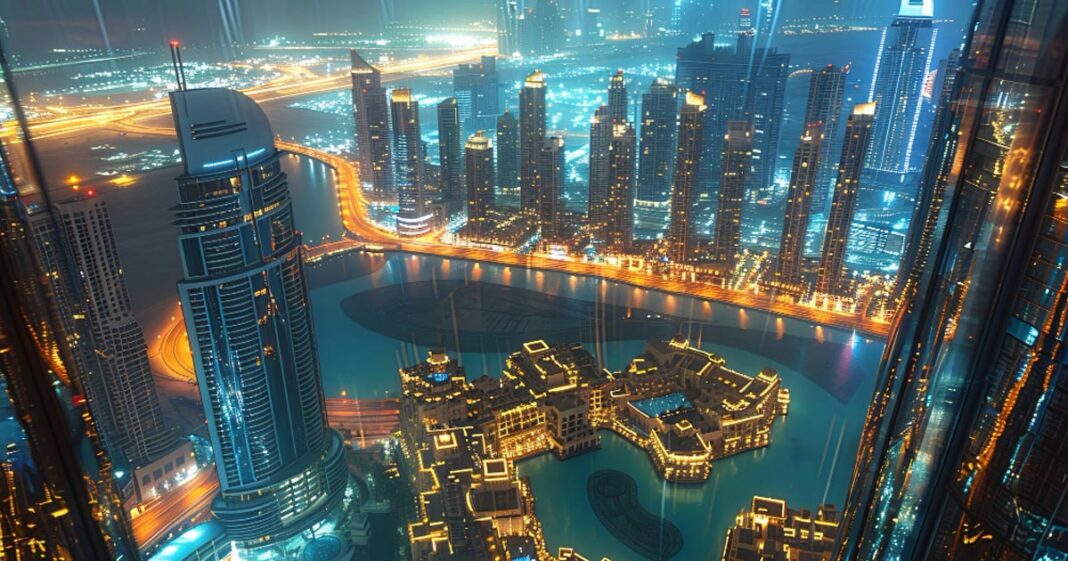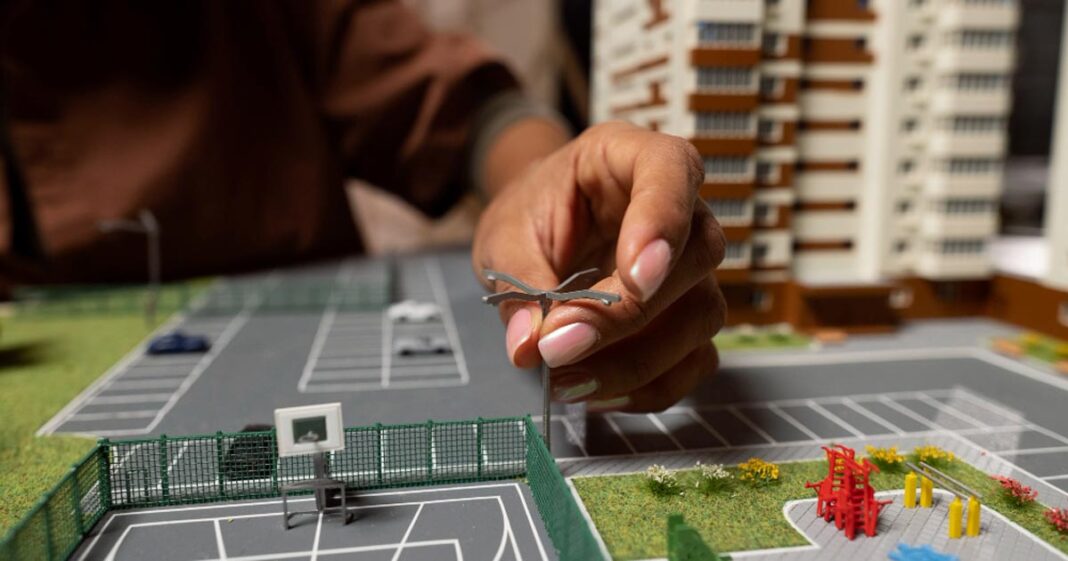
New Delhi, India — Imagine waking up in a city where streetlights dim when no one’s around, waste bins alert authorities when they’re full, and traffic signals change dynamically based on real-time congestion. This is not the distant future — this is the emerging reality of India’s smart cities, where data, digital infrastructure, and community-centric planning are converging to redefine urban living.
India’s urban population is expected to rise to 600 million by 2031, as per the Ministry of Housing and Urban Affairs. To accommodate this growth sustainably, India launched the Smart Cities Mission (SCM) in 2015 — a bold initiative aimed at developing 100 smart cities across the country. With a strong focus on citizen-friendly governance, integrated technology, and environmental sustainability, smart cities are setting a new benchmark for urban transformation.
Smart Cities Mission: A Quick Overview
The Smart Cities Mission, spearheaded by the Union Ministry of Housing and Urban Affairs, is not just about high-tech gadgets and digital dashboards. At its core, it’s about making cities inclusive, efficient, livable, and resilient. The mission focuses on core infrastructure, smart solutions, and area-based development, creating a ripple effect of innovation across sectors like mobility, energy, sanitation, and housing.
The idea is simple but transformative: use technology to enhance the quality of life for all citizens, not just the privileged few.
Success Stories Lighting Up Indian Cities
- Indore: India’s Cleanest City Goes Smart
Indore, already crowned India’s cleanest city for seven consecutive years (as per Swachh Survekshan 2023), is now making headlines for its smart initiatives. The city’s Integrated Command and Control Centre (ICCC) has been pivotal in managing everything from traffic to waste collection.
With the help of real-time sensors and GPS tracking, Indore’s waste collection trucks optimize their routes daily, reducing fuel use and labor costs. Citizens also get real-time alerts via mobile apps about garbage collection in their areas.
The city’s smart waste management system earned it global recognition — Indore was one of the 15 cities shortlisted for the 2020 Smart City Expo World Congress in Barcelona, a proud moment not just for the state of Madhya Pradesh but for the entire country.
- Bhubaneswar: From Temple Town to Tech Hub
Once known only for its ancient temples, Bhubaneswar has emerged as a poster city for smart transformation. It was ranked first in the list of 20 Smart Cities selected in 2016 and has continued to lead in citizen-driven planning.
The Bhubaneswar Smart City Limited (BSCL) has implemented a slew of projects including Wi-Fi-enabled zones, intelligent traffic systems, and a dedicated platform called Bhubaneswar.me, which offers a centralized hub for all civic services — from paying electricity bills to registering complaints.
A local startup, Mu Odisha, founded by tech graduate Subham Pradhan, works with BSCL to develop AI-based traffic management systems. Subham was recently honored with the National Startup Award 2022 under the “Smart City Solutions” category, making him a shining example of youth-driven innovation in India’s smart revolution.
- Surat: Weaving a Smart Future Through Textile and Tech
A city known for its diamond polishing and textile industries, Surat has transformed into a digital powerhouse. The city uses data analytics to monitor flood levels, a crucial step given its history of monsoon-induced flooding.
More impressively, Surat has integrated air quality monitoring, smart parking, and cashless public transport systems. Through a digital platform called Surat Sitilink, the municipal corporation has achieved one of the highest citizen satisfaction rates under the Smart Cities Mission.
Dr. Shalini Agarwal, Surat Municipal Commissioner, was recognized in The Indian Express “100 Most Powerful Women in India” (2023 edition) for her work in integrating gender-sensitive planning and smart governance.
What Makes a City Smart?
According to urban planning expert Prof. Rakesh Gupta from CEPT University, Ahmedabad:
“Smart cities are not just about putting up sensors or installing CCTV cameras. True smartness lies in participatory governance, adaptive systems, and a people-first approach to planning.”
Here are a few pillars that define a smart city:
- Digital Infrastructure: High-speed internet, IoT devices, and integrated command centers.
- Smart Mobility: Electric buses, real-time tracking, and unified payment systems.
- Sustainable Environment: Solar energy adoption, efficient water use, green spaces.
- Urban Resilience: Flood alert systems, emergency response tech, and disaster-ready designs.
- Citizen Engagement: Mobile apps for feedback, public dashboards, and inclusive planning forums.
Indian Innovators Driving the Change
While city administrations play a major role, private entrepreneurs, NGOs, and local citizens are increasingly becoming catalysts for change.
Ruchi Drolia, a 32-year-old entrepreneur from Nagpur, developed “CityZen”, a crowdsourced app that allows users to report civic issues like potholes or broken streetlights. Her initiative won the Smart Cities Challenge Hackathon in 2021, and the app has since been adopted by five municipalities in Maharashtra.
In Bangalore, a non-profit initiative named Mapunity, founded by Ashwin Mahesh, is helping urban planners visualize traffic bottlenecks and public transport gaps using open data. His work has been featured in The Hindu, and he was conferred the Ashoka Fellowship for social innovation in urban mobility.
The Road Ahead
India’s journey towards smart urbanism is ambitious, but not without hurdles. Issues like data privacy, digital inequality, and inter-agency coordination remain persistent challenges. Yet, the benefits — improved quality of life, better governance, and environmental sustainability — make it a cause worth pursuing.
By 2040, over 40% of India’s population will live in cities. If we get smart cities right today, we won’t just be building efficient towns — we’ll be laying the foundation for a more equitable and innovative India tomorrow.
As Prime Minister Narendra Modi said at the launch of the mission:
“A smart city is one which provides core infrastructure, a clean and sustainable environment, and gives a decent quality of life to its citizens through the application of smart solutions.”
The smart cities of India are not just hubs of technology — they are beacons of innovation, inclusivity, and aspiration. As real-life stories from Indore, Bhubaneswar, and Surat show, the dream of futuristic urban living is already materializing, one smart step at a time.
And as more citizens, entrepreneurs, and officials join the mission, the vision of a “Digital India” may soon become a lived reality — not just in metros, but in every corner of this rising nation.





